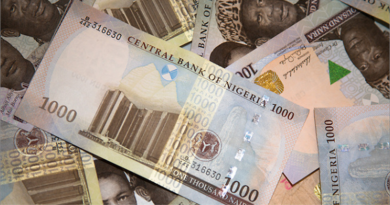Nigerian Mobile App Installations Continues to Surge, AppsFlyer Data reveals
Organizations wanting to increase customer engagement would be prudent to maximize their client acquisition efforts during the Holy Month of Ramadan given that Nigerian consumers are staunchly mobile-first. This is according to recent statistics from AppsFlyer, which compared mobile app habits in Ramadan 2023 to Ramadan 2022 and found that countrywide mobile app installs increased by 19%.
According to Michael Zaitsev, Managing Director West Africa & CIS at AppsFlyer, “As mobile marketers continue to navigate the crowded mobile app space, it is clear that targeting special holidays can play a crucial role in a company’s fortunes and help it get ahead of the competition. Special occasions like the Holy Month of Ramadan will be crucial for mobile marketers moving forward, with mobile apps serving as the primary route for customers in Nigeria.
Operating systems engage in conflict.
In Nigeria, both iOS and Android are extremely popular, which begs the question of where marketers should concentrate their efforts. According to AppsFlyer data, iOS users are currently more open to app marketing campaigns as overall app installs on devices running the operating system rose by 36% during Ramadan 2023 compared to 2022. Additionally, overall Android app installs went up by 16%. On the other side, non-organic installs of mobile apps on iOS and Android smartphones rose during Ramadan by 35% and 39%, respectively.
Finance apps continue to dominate
The financial sector is one industry that constantly stands out, and with smartphone adoption steadily rising, mobile marketing is essential for success. Overall installations and non-organic installs for this category of mobile apps increased by staggering 74% and 82% in comparison to last year. These installations reached their peak during the fourth week of Ramadan, demonstrating the great demand for financial services including peer-to-peer payments, money transfers from the US and UK diaspora to Nigeria, including money transfers among relatives there, and Pan-African transactions. These kinds of transactions surged when Ramadan came to a conclusion because that is when celebration planning often gets underway.




